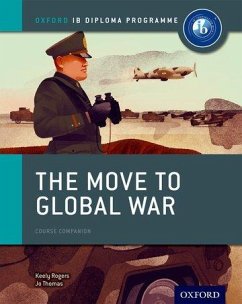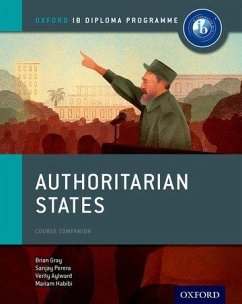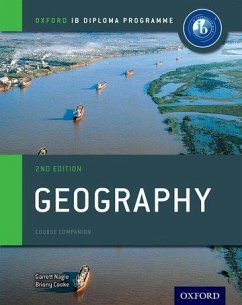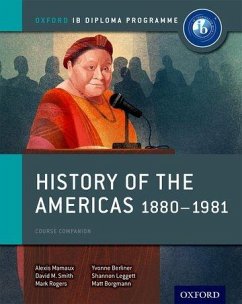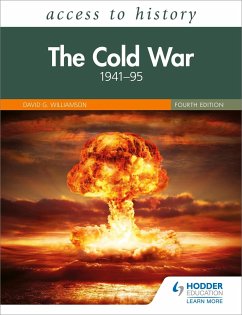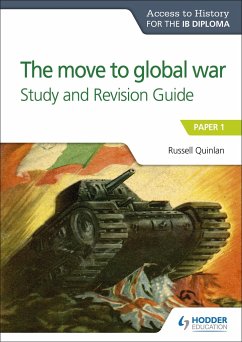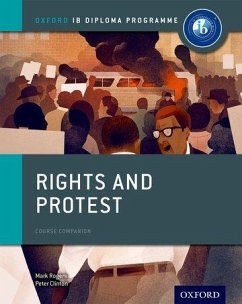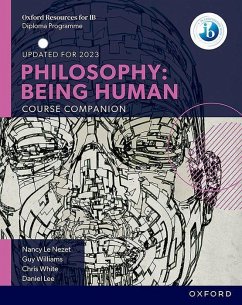
The Cold War - Superpower Tensions and Rivalries: IB History Course Book: Oxford IB Diploma Programme
Versandkostenfrei!
Sofort lieferbar
44,99 €
inkl. MwSt.

PAYBACK Punkte
22 °P sammeln!
Drive critical, engaged learning and advanced skills development. Enabling comprehensive, rounded understanding, the student-centred approach actively develops the sophisticated skills key to performance in Paper 2. Developed directly with the IB for the 2015 syllabus, this Course Book fully supports the new comparative approach to learning.



